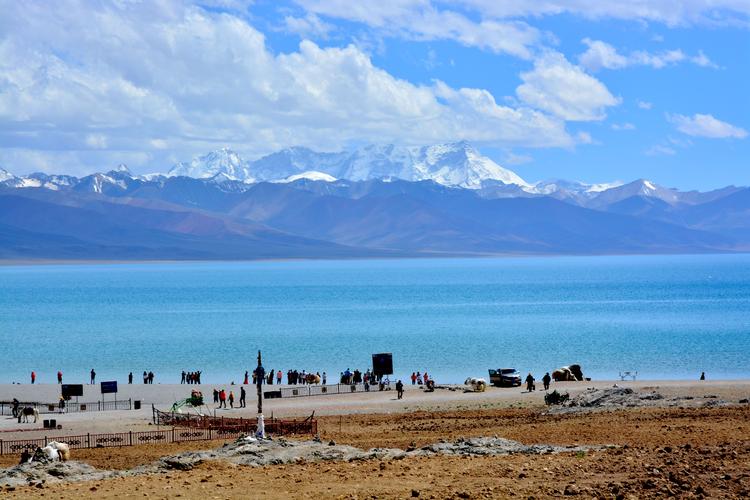Unlocking the Secrets of Tarot: Exploring the 78 Degrees of Wisdom
Tarot cards have been around for centuries, serving as a tool of divination and introspection. Tarot readings are often considered a form of fortune-telling, but they are much more than that. In fact, Tarot is a tool that can help us gain a deeper understanding of ourselves and the world around us. The Tarot consists of 78 cards, each card representing a unique symbol, archetype, or energy. In this article, we will explore the deeper meaning behind each of the 78 cards in the Tarot deck and how they can be used to unlock the secrets of the human psyche.
The Major Arcana Cards
The Tarot consists of two sets of cards: the Major Arcana and the Minor Arcana. The Major Arcana consists of 22 cards and represents the “big picture” aspects of our lives. These cards are often associated with life-changing events or powerful archetypes.
The first card is the Fool, which represents new beginnings and unlimited potential. The second card is the Magician, which represents manifestation and the power of the mind. The third card is the High Priestess, which represents intuition and inner wisdom. The fourth card is the Empress, which represents nurturing and abundance. The fifth card is the Emperor, which represents structure and authority. The sixth card is the Hierophant, which represents tradition and spiritual guidance. The seventh card is the Lovers, which represents relationships and choices. The eighth card is the Chariot, which represents momentum and willpower. The ninth card is Strength, which represents courage and endurance. The tenth card is the Hermit, which represents introspection and solitude. The eleventh card is the Wheel of Fortune, which represents change and cycles. The twelfth card is Justice, which represents balance and truth. The thirteenth card is the Hanged Man, which represents surrender and letting go. The fourteenth card is Death, which represents transformation and rebirth. The fifteenth card is Temperance, which represents balance and moderation. The sixteenth card is the Devil, which represents temptation and materialism. The seventeenth card is the Tower, which represents upheaval and revelation. The eighteenth card is the Star, which represents hope and inspiration. The nineteenth card is the Moon, which represents the subconscious mind and illusions. The twentieth card is the Sun, which represents vitality and joy. The twenty-first card is Judgment, which represents awakening and completion. The final card is the World, which represents integration and wholeness.
The Minor Arcana Cards
The Minor Arcana consists of 56 cards and represents the everyday aspects of our lives. These cards are often associated with the four elements: Earth, Air, Fire, and Water. Each suit consists of ten numbered cards and four court cards: King, Queen, Knight, and Page.
The suit of Wands represents Fire and is associated with passion, creativity, and drive. The suit of Cups represents Water and is associated with emotions, love, and compassion. The suit of Swords represents Air and is associated with intellect, communication, and conflict. The suit of Pentacles represents Earth and is associated with material wealth, stability, and manifestation.
Using Tarot for Self-Discovery
Tarot readings can be a powerful tool for self-discovery and personal growth. By using the Tarot to reflect on different aspects of our lives, we can gain a deeper understanding of our thoughts, emotions, and behaviors.
To use Tarot for self-discovery, start by finding a quiet space where you can connect with your intuition. Choose a Tarot deck that resonates with you and shuffle the cards while focusing on your intention. Draw a card or multiple cards and reflect on the symbolism, energy, and message of each card.
Remember, Tarot is not a magic bullet that can solve all of our problems or predict the future. Rather, Tarot is a tool that can help us gain clarity, insight, and perspective. By exploring the 78 degrees of wisdom, we can unlock the secrets of the Tarot and gain a deeper understanding of ourselves and the world around us.
(Note: Do you have knowledge or insights to share? Unlock new opportunities and expand your reach by joining our authors team. Click Registration to join us and share your expertise with our readers.)
Speech tips:
Please note that any statements involving politics will not be approved.
